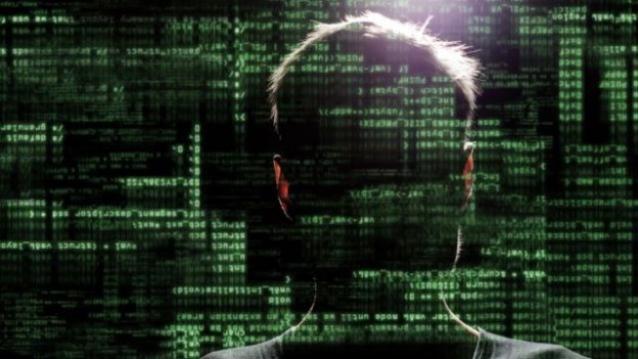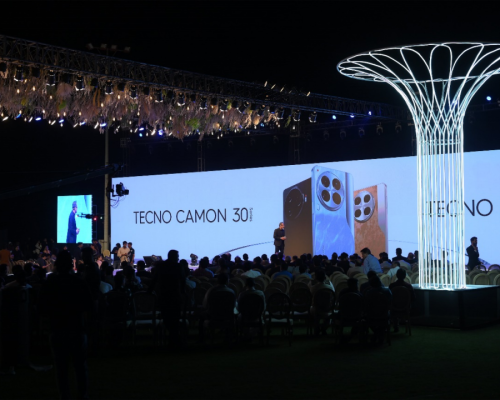The Indonesian administration said the global cyber harm that can take computer data hostage will probably cause more havoc when office buildings reopen for business on Mon. A large clinic in Jakarta was struck by the “ransomware” unleashed on Fri, but there’s been no evidence up to now to claim that Indonesia was one of the worst-hit countries.
Communication and Information Minister Rudiantara urged companies to upgrade their security before joining computers to geographic area sites when the week begins. “That is vital for businesses when reopening on Mon, please be careful and foresee, and take precautionary steps up against the WannaCry malware assault,” Rudiantara informed a news convention.
Cyber extortionists tricked subjects into opening destructive malware accessories to spam e-mails. The ransomware encrypts data on computer systems, demanding repayments of $300-$600 to revive access. The strike, which leverages hacking tools thought to have been produced by the U.S. Country wide Security Organization, has infected thousands of computers in practically 100 countries.
Globally, nursing homes, companies, and colleges have been afflicted, with disruptive episodes reported in Britain, where clinics and treatment centers were forced to carefully turn away patients after burning off access to pcs on Fri. The Indonesian minister suggested those strike by the malware against paying ransoms to restore usage of encrypted data, as there is no warrant the trojan spreader would decrypt data.
On Saturday, the official at his ministry said that at least two Jakarta private hospitals, Dharmais and Harapan Kita, were damaged by the harm. Harapan Kita later refused it turned out damaged. In Dharmais, a nurse reported at 5 a.m. on Sunday a computer product was displaying a note demanding $300, regarding to a medical center employee, who only provided his name as Willy.
One hour later, a lot more pcs were found to be contaminated and hospital personnel said that data was locked on about 400 devices in every at a healthcare facility. The attack hasn’t afflicted critical health services but has triggered bottlenecks in patient admissions process, Willy said. Reuters








